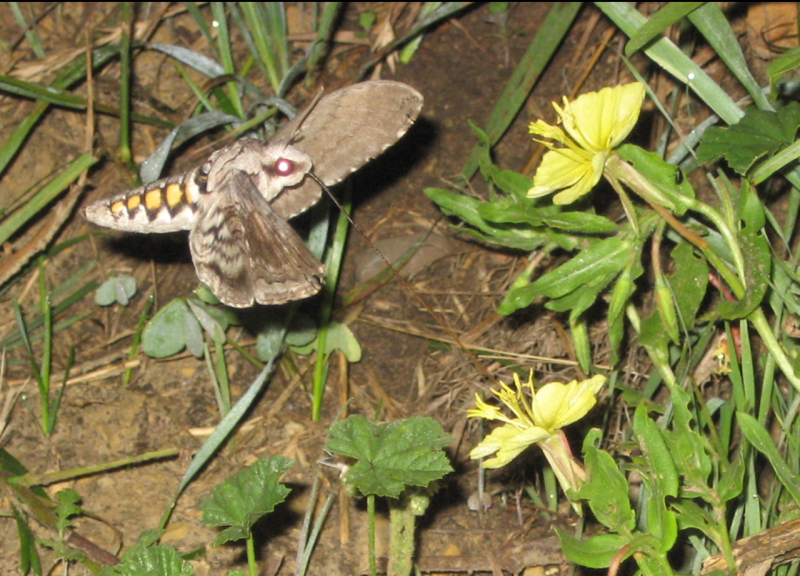Generalist versus specialist pollination systems in 26 Oenothera (Onagraceae)
DOI:
https://doi.org/10.26786/1920-7603(2014)23Abstract
Although generalized and specialized plants are often discussed as alternative states, the biological reality may better be viewed as a continuum. However, estimations of pollinator specificity have been confounded in some studies by the assumption that all floral visitors are pollinators. Failure to account for pollen load can lead to inaccurate conclusions regarding the number of pollinators with which a species actually interacts. The aim of this study was to clarify the distribution of pollination-system specialization within one clade, using a more rigorous assessment of pollen flow. The genus Oenothera has long been used as a model system for studying reproductive biology, and it provides a diversity of pollination systems and a wealth of historical data. Both floral visitation rate and pollen-load analysis of sampled pollinators, combined into a metric of pollen flow, were used to quantify the pollination systems of 26 Oenothera taxa. Metric of pollinator specialization were calculated as functions of both total pollinator taxa, and as pollinator functional groups. We found that for Oenothera, the number of floral visitors highly overestimates the number of pollinators, and is inadequate for determining or predicting pollination system specialization. We found that that pollination systems were distributed on a gradient from generalized to specialized, with more pollinator-specialized plant taxa, especially when estimated using pollinator functional groups. These results are in conflict with previous studies that depict most plant species as generalists, and this finding may be related to how prior studies have estimated specialization.

Downloads
Published
How to Cite
Issue
Section
License
Copyright (c) 2014 Kyra Neipp Krakos, Scott A. Fabricant

This work is licensed under a Creative Commons Attribution 4.0 International License.











